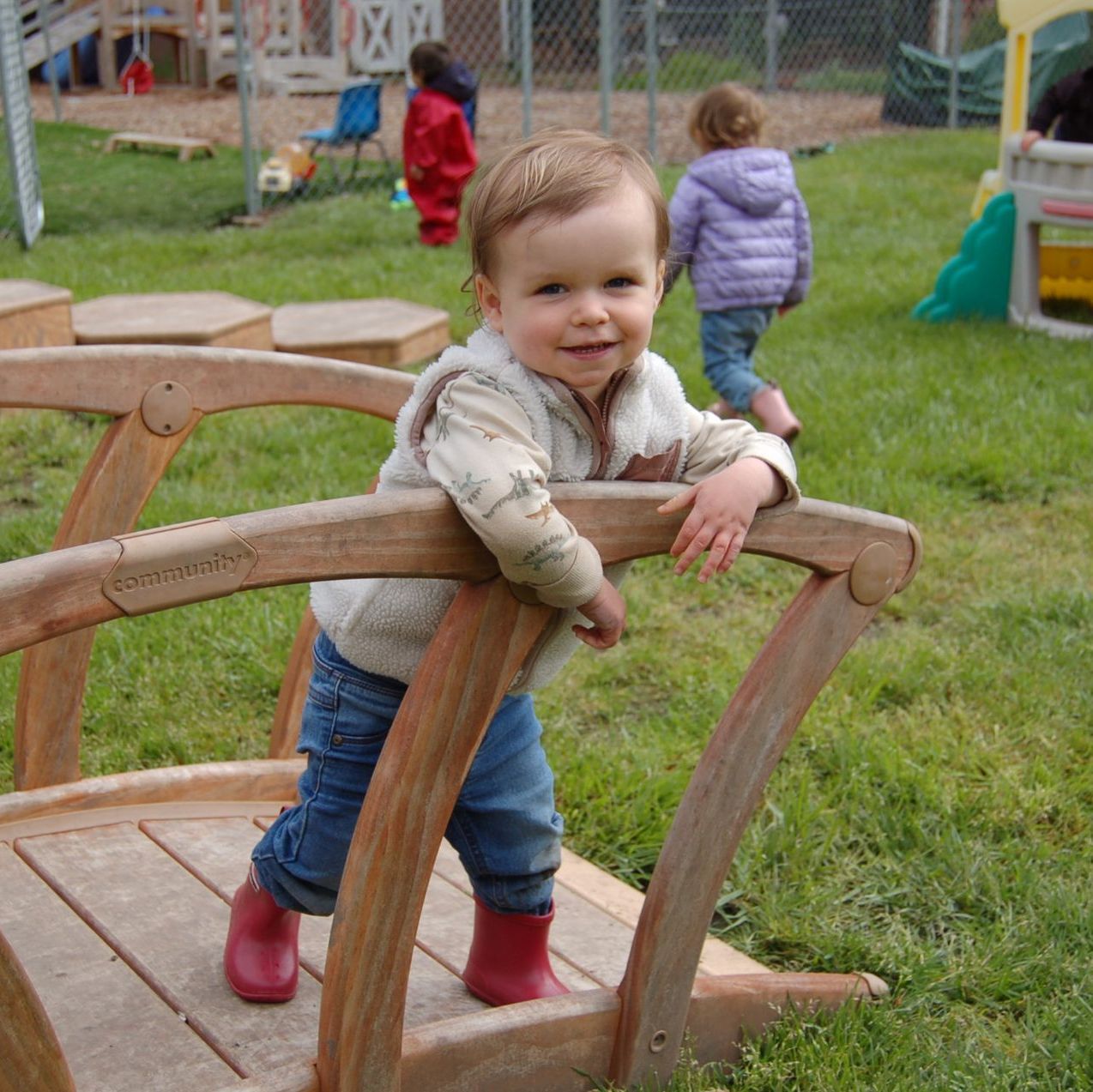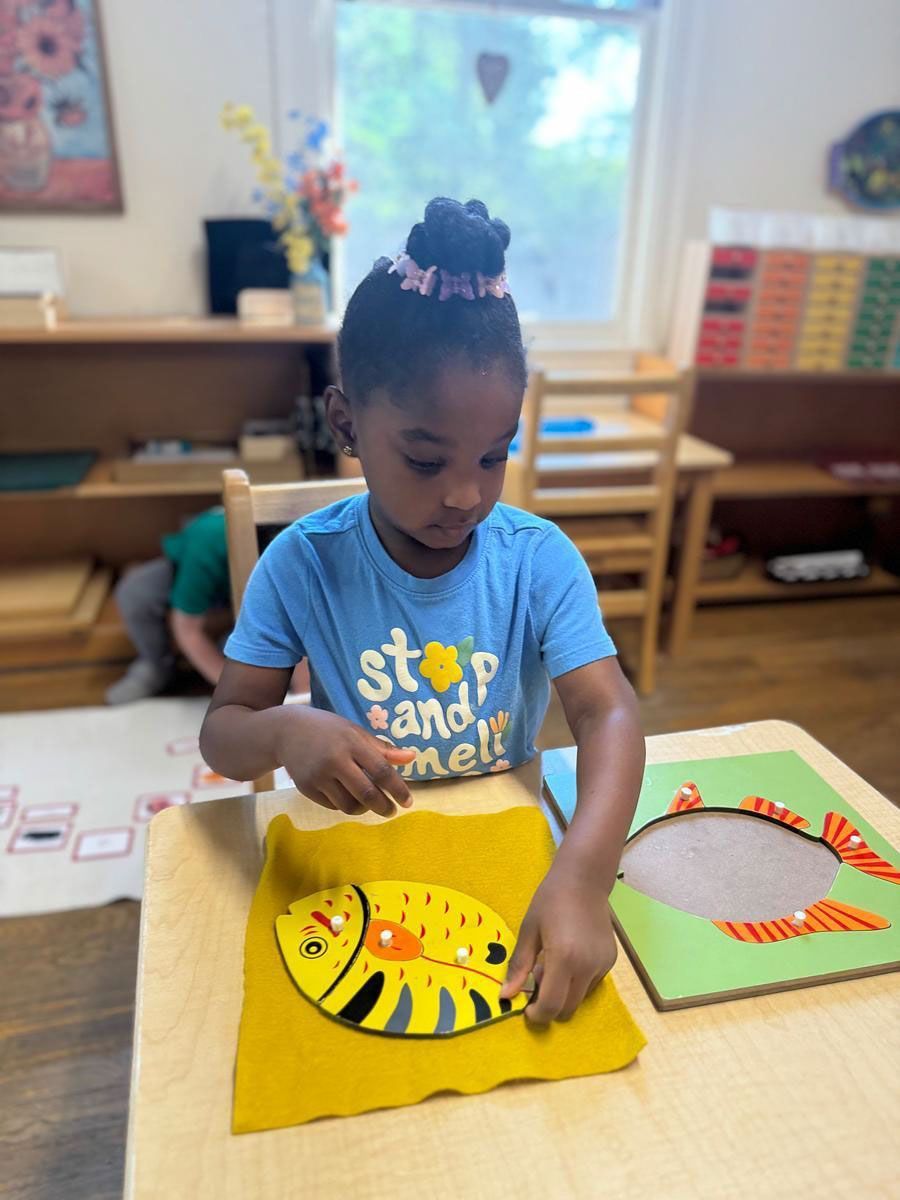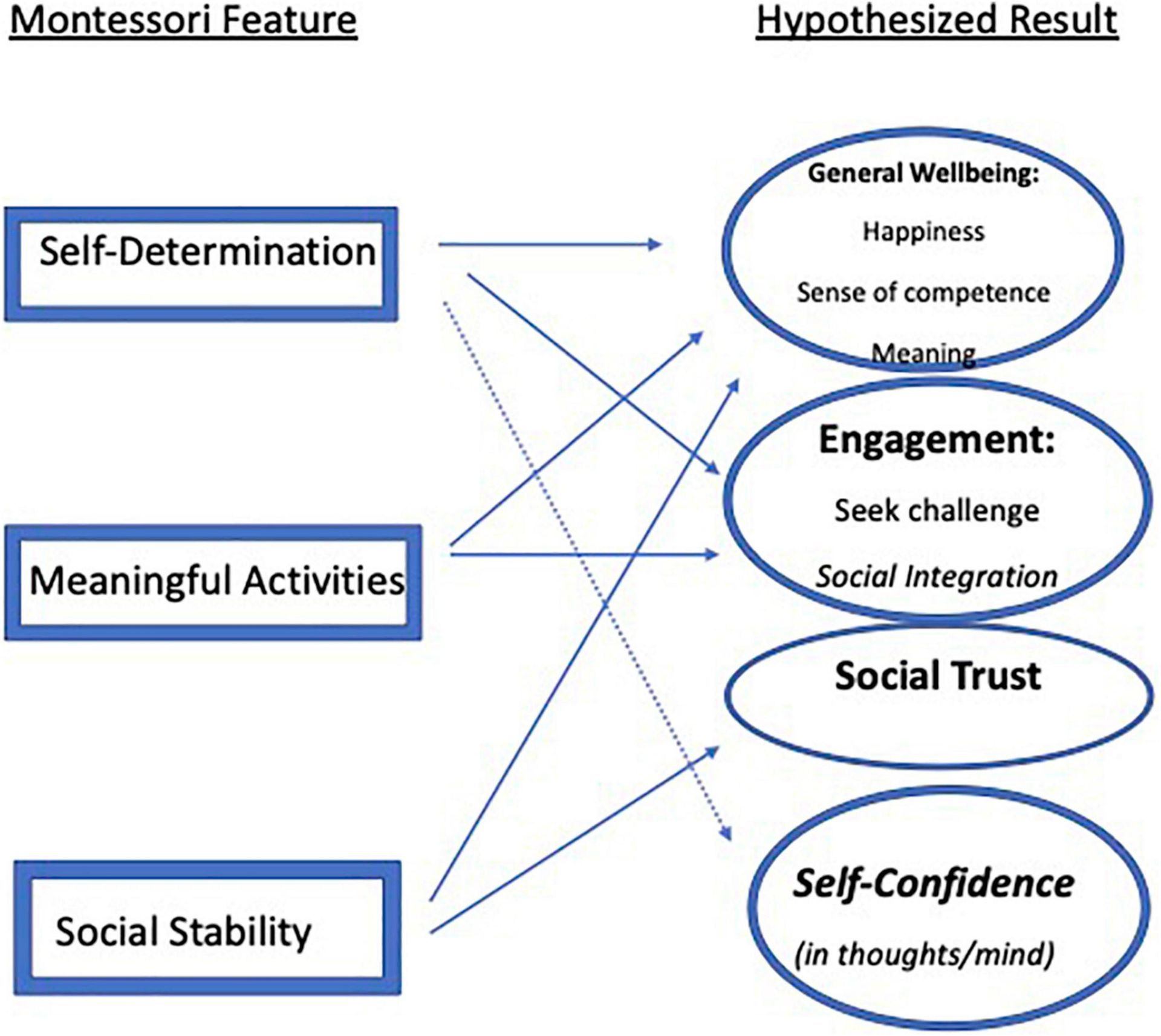By Monica MacDonald
•
October 3, 2024
“As unique as each of us is, we are all much more alike than we are different. This is one of the essential lessons we impart to our children as they grow into compassionate, caring, and empathetic adults.” Fred Rogers’ This timeless message reminds us that the holiday season is a time when families come together to celebrate their traditions, give thanks, and spread joy. The word holiday itself has roots in the Old English term for “holy days,” and many families treasure religious holidays such as Ramadan, Passover, Easter, and Holi. In our Montessori classrooms, we recognize the importance of these traditions while encouraging a broader understanding of cultural diversity. We invite parents to share their family traditions with us, whether through traditional food, a special activity, or a story, enriching the learning experience for all students. Creating a Calm and Supportive Environment While the holidays are often joyous, they can also be overwhelming, especially for young children. Our goal at school is to provide a calming oasis within the classroom, offering support and stability amid the busy holiday season. We believe the Montessori approach to holiday celebrations allows children to appreciate the joys of the season without disrupting their routine or overwhelming them with external pressures. The Montessori Approach to Holidays You may wonder how holidays are addressed in our Montessori classrooms. Do we celebrate every culture? Do we change our routines? What extra activities should parents prepare for? These are common questions, and we’re here to clarify. In line with the Montessori philosophy of “following the child,” we nurture each child’s curiosity and help them expand their worldview. We balance holiday celebrations with our goal of maintaining a nurturing, stable environment that honors every student equally. What We Celebrate At NWM, we celebrate a variety of occasions that align with our core values. These include birthdays, the equinox and solstices, Earth Day, International Peace Day, and our Parents Tea. We also recognize that each family brings unique cultural traditions to our school, and we warmly invite parents to share their special holidays with us, creating a space for students to learn about the diverse cultures within our community. What We Don’t Celebrate While we embrace cultural diversity, we don’t celebrate mainstream holidays that dominate the broader culture or are not based in reality. When We Celebrate In many traditional classrooms, holidays are special events that disrupt the usual routine. However, at NWM, we take a more integrated, year-round approach to celebration. Rather than having holiday fun come and go, we maintain a spirit of giving and community throughout the year, weaving celebrations into our everyday learning. This approach helps children develop a deeper understanding of global diversity while appreciating the shared values that unite us. How We Celebrate The ways we acknowledge holidays in the classroom vary, and our celebrations are always thoughtfully designed. This might include: Sharing the history and traditions of a particular holiday Engaging in related art, music, or cooking projects Exploring significant cultural items associated with a holiday Our teachers lead these celebrations, but we also welcome and encourage parents to share their family’s traditions. This parental involvement enriches our community and provides students with a firsthand look at the diversity of the world. Building Cultural Awareness Year by Year At NWM, we take a mindful, year-by-year approach to cultural studies, ensuring that by the time your child graduates, they will have a deep appreciation for the world’s diverse cultures. In our Primary classrooms, we use the three-year cycle to cover different regions of the world, gradually deepening students’ understanding of geography, music, art, and history. This holistic approach ensures that holiday and cultural celebrations flow naturally into the overall appreciation of global diversity. The Enriching Power of Montessori Through this thoughtful, open-hearted approach to holiday celebrations, our Montessori students gain a rich understanding of the world and its many cultures. By experiencing a variety of traditions and values, they develop a broader perspective that will serve them well throughout their lives. At NWM, we aim to provide your child with the cultural knowledge that fosters empathy, respect, and an enduring sense of community—an understanding that, while we may come from different places, we are all deeply connected. This holiday season, let’s continue to celebrate the diversity of our families while nurturing the spirit of unity that binds us all.






